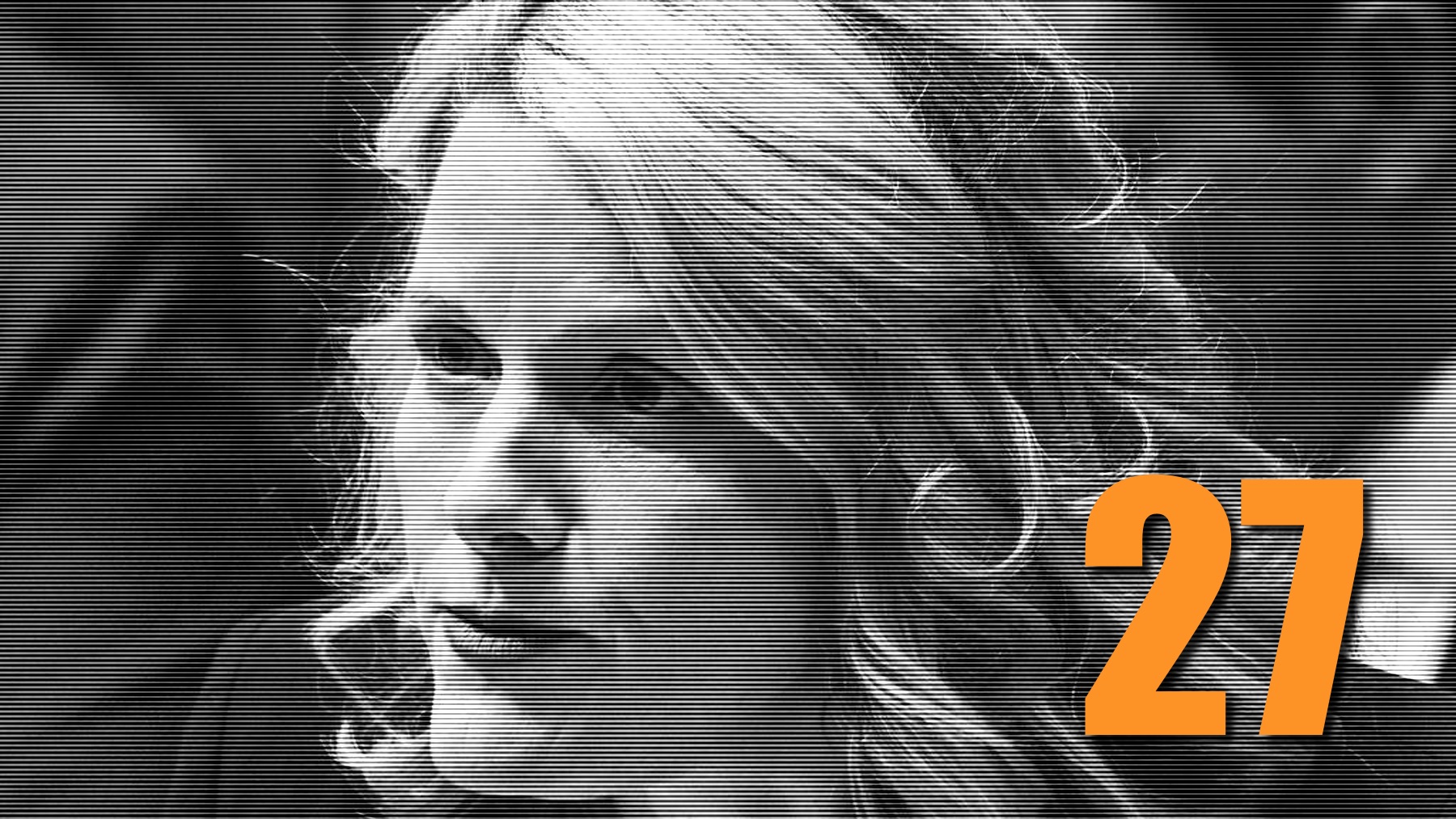Some big ones this week, including announcements about a new national cybersecurity strategy, federal-state coordination on digital IDs, various legislation given the go-ahead by Senate committees, and what’s probably the final week of public hearings in the Robodebt Royal Commission.
Here are the digital developments from Canberra I’ve noticed since the previous edition on 24 February.
- The big one is that the Department of Home Affairs has released the 2023-2030 Australian Cyber Security Strategy Discussion Paper. You might also want to read the minister’s press release and press conference. We’re going to get a National Office for Cyber Security, apparently, and “an advisory board led by former Telstra boss Andy Penn is pressing the federal government to consider a Cyber Security Act.” I see, however, that any legislation may run into trouble in the Senate. I have yet to read all these documents, so stay tuned. Submissions close 15 April.
- There was movement on the digital ID from too, with service minister Bill Shorten giving a major speech on government services. The Mandarin reports that there might be greater private sector collaboration in the creation of a digital identity ecosystem. “State and federal data and digital ministers finally agreed to a ‘nationally coordinated approach’ to avoid a costly repeat of the electronic version of incompatible rail gauges.”
- We have the committee report on the Telecommunications Legislation Amendment (Information Disclosure, National Interest and Other Measures) Bill 2022 [Provisions]. There’s only one recommendation: “The committee recommends that the bill be passed.” The bill is currently scheduled to be back in the Senate this coming Thursday.
- The government has launched an app for My Health Record. InnovationAus has documented its troubled development.
- According to The Mandarin, “A spike in online harms such as child abuse and sexual extortion has led two key agencies, the eSafety Commission and the NSW Police, to formalise how they work together in the future.”
- Attorney-General Mark Dreyfus might be re-thinking the issuing of search warrants against newsrooms. I’ll believe it when I see it.
- “Former competition watchdog Rod Sims will chair the council tasked with advising the National Data Commissioner on issues relating to the federal government’s new data sharing scheme.”
- “The Australian Bureau of Statistics (ABS) is calling for submissions on what information should be included in the five yearly Census of Population and Housing.”
- I haven’t been following the Robodebt Royal Commission closely, but I note: “Former Coalition minister Stuart Robert has admitted to the robodebt inquiry that he made false public statements in support of the illegal scheme.” But how real were his ‘personal misgivings’? The Guardian‘s Katharine Murphy says Stuart Robert’s refusal to take the blame for robodebt isn’t just offensive, it’s terrifying, and the ABC’s Laura Tingle says the robodebt fiasco has been laid bare at royal commission hearings, and an overhaul of public service culture must be next. I can’t wait to see the royal commission’s report later this year.
Please let me know if I’ve missed anything, or if there’s any specific items you’d like me to follow. It’s a parliament sitting week next week so there’s bound to be plenty to talk about next time.
If you’ve been finding this series of posts useful, please consider throwing a tip into the tip jar.
[Photo: Australia’s Minister for Home Affairs, Clare O’Neil.]

